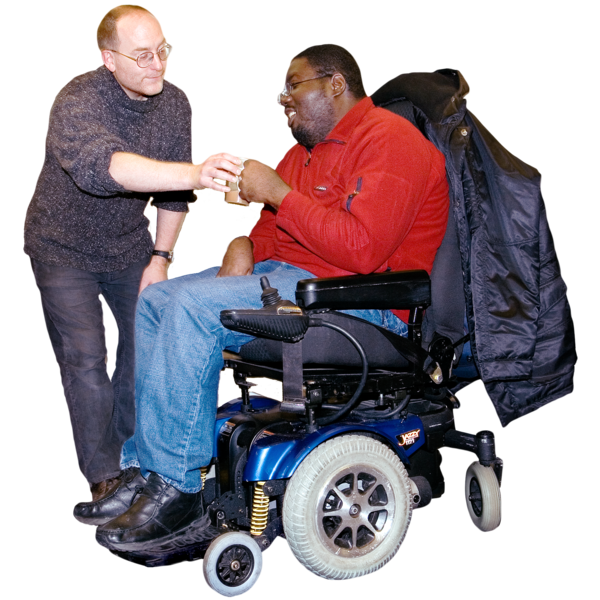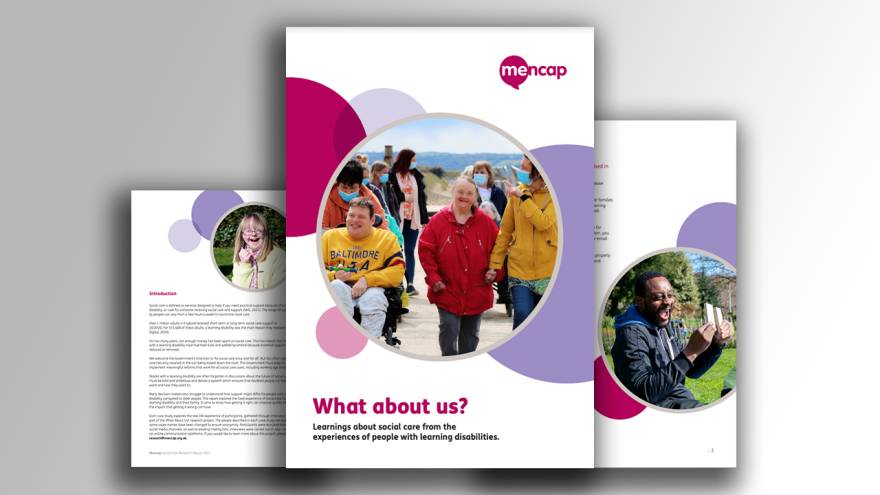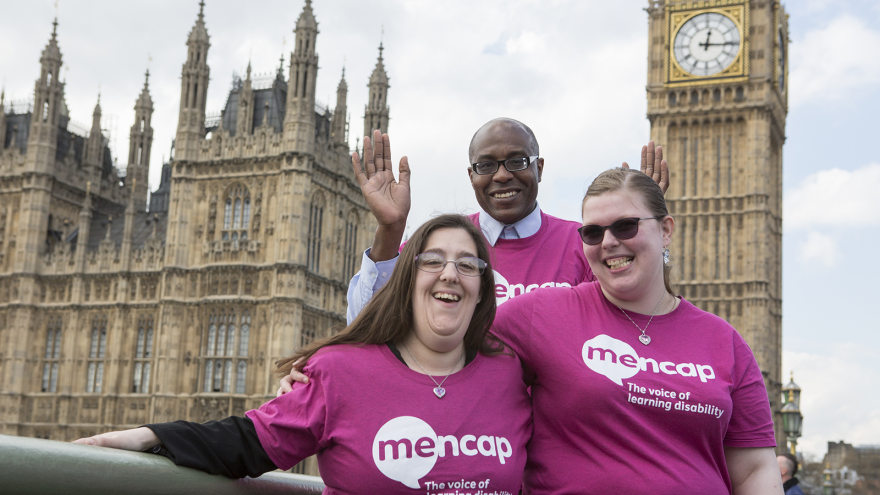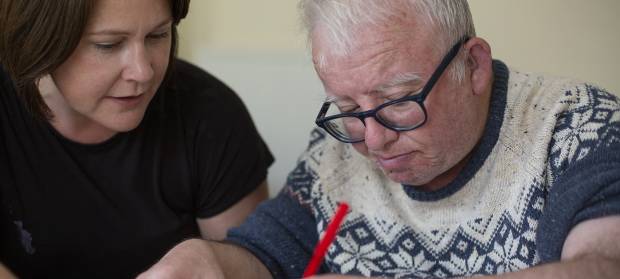The devastating impact of lockdown
Social care
 Social care means the services that give care and support to people who need it.
is practical, professional support for people who need extra support with everyday life. This might be help with cooking, shopping, personal care or support with managing money or getting a job.
Social care means the services that give care and support to people who need it.
is practical, professional support for people who need extra support with everyday life. This might be help with cooking, shopping, personal care or support with managing money or getting a job.
We surveyed 1,069 family carers of people with a
learning disability
 A learning disability is to do with the way someone's brain works. It makes it harder for someone to learn, understand or do things.
to find out how they have been affected during the coronavirus lockdown by
cuts
A learning disability is to do with the way someone's brain works. It makes it harder for someone to learn, understand or do things.
to find out how they have been affected during the coronavirus lockdown by
cuts
 Cuts are when there is less money to pay for things like clubs and support.
to social care.
Cuts are when there is less money to pay for things like clubs and support.
to social care.
We found that:
-
7 in 10 (69%) people with a learning disability had their social care cut or reduced
-
4 in 5 (79%) family carers have been forced to take on more unpaid care for their family member
-
72% of families are scared of more cuts to social care happening in future
Find out more in our easy read survey summary.
See easy read reportFamily carers pushed to the brink
“I am here alone giving 24 hour care to someone who cannot be left. Behavioural issues have been terrible. I had to choose to keep him safe rather than going for a wee, I had to wee on the floor.”
- Mother, 54, to 25 year old son with a learning disability
Depressed and forgotten
“I am caring for a very challenging and strong individual for more than 100 hours per week and have had very little sleep. I am worn out and exhausted, my son is fully grown with the strength of ten men. It has left me feeling depressed and forgotten.”
- Mother, 53, to 26-year-old son with complex needs
Watch the video
Watch our video to hear Ismail's thoughts on the survey results and why things need to change.

Social Care Research Report
This report explores the lived experience of social care for people with a learning disability and their family. It aims to show how getting it right can improve quality of life, as well as the impact that getting it wrong can have.

Health and Care Bill Lord’s debate
This briefing has been produced by seven leading charities who represent adults under the age of 65 living with life-long conditions and disabilities.
Terrified for the future
“She is reassessed every year. I am terrified they will say that I managed without support and withdraw services in the future.”
- Foster parent, 61, to 36-year-old with complex needs
